The History of United States Presidents and Elections: The history of the United States is deeply intertwined with its presidential elections and the policies enacted by its leaders. Significant elections have shaped the nation’s political landscape, while presidential policies have had lasting effects on society, the economy, and international relations. This document examines pivotal elections in U.S history and analyzes major presidential policies and their impacts.
Significant Elections
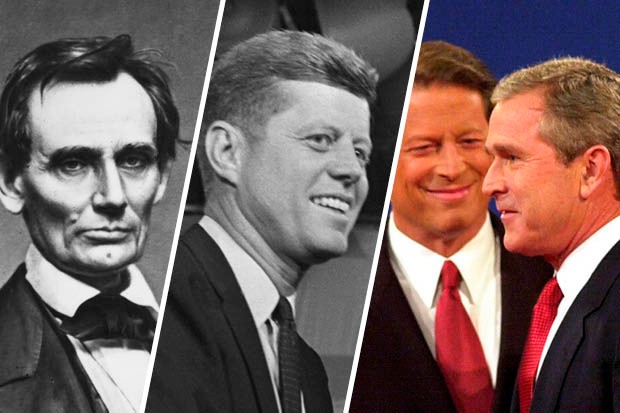
The Election of 1800
Often referred to as the “Revolution of 1800,” this election marked the first peaceful transfer of power between political parties in U.S history. Thomas Jefferson, a Democratic Republican, defeated incumbent President John Adams, a Federalist. The election highlighted the deep political divisions of the time and set a precedent for future transitions of power.

The outcome led to the establishment of the principle that political parties could compete for power without resorting to violence, reinforcing the democratic process in America. Jefferson’s victory also initiated a shift towards more agrarian policies and a reduction in the size of the federal government.
The Election of 1860
The election of 1860 was pivotal as it brought Abraham Lincoln to the presidency amid rising tensions over slavery. Lincoln’s election prompted several Southern states to secede from the Union, leading to the Civil War. The election illustrated the deep sectional divides in the country and the extent to which slavery had become a contentious issue.
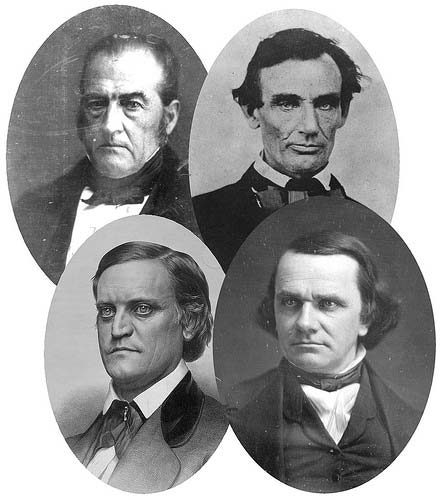
Lincoln’s victory underscored the importance of the Republican Party as a national force and set the stage for significant changes in American society, particularly concerning civil rights and the abolition of slavery. The war that followed reshaped the nation’s political and social landscape, ultimately leading to the Reconstruction era.
The Election of 1932
This election 1932 occurred during the Great Depression, with Franklin D. Roosevelt defeating incumbent Herbert Hoover. Roosevelt’s campaign focused on providing relief for the unemployed and economic recovery, promising a “New Deal” for the American people.

His victory marked a significant shift in American politics, as the Democratic Party became the dominant force in national politics for decades. Roosevelt’s policies would reshape the role of the federal government in the economy and social welfare, establishing a precedent for future government intervention during economic crises.
The Election of 2008
The election of 2008 was historic as it resulted in the election of Barack Obama, the first African American president. Obama’s campaign focused on hope and change, addressing issues such as the economy, healthcare, and foreign policy.

His election signified a shift in American demographics and attitudes, as well as a response to the financial crisis that had unfolded in the preceding years. Obama’s presidency would lead to significant policy changes, including the Affordable Care Act, which aimed to expand healthcare access.
The Election of 2016
The election of 2016 saw Donald Trump, a businessman and political outsider; defeat former Secretary of State Hillary Clinton. This election was marked by deep divisions within the electorate and was characterized by issues such as immigration, trade, and national security.
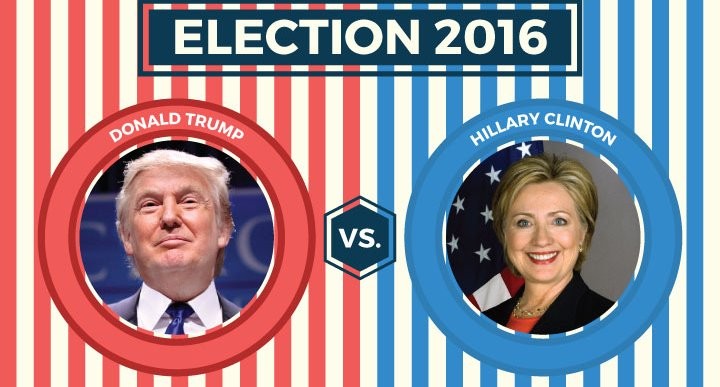
Trump’s victory represented a populist backlash against the political establishment and led to significant changes in domestic and foreign policies, including tax reforms, deregulation efforts, and a more isolationist approach to international relations.
Presidential Policies
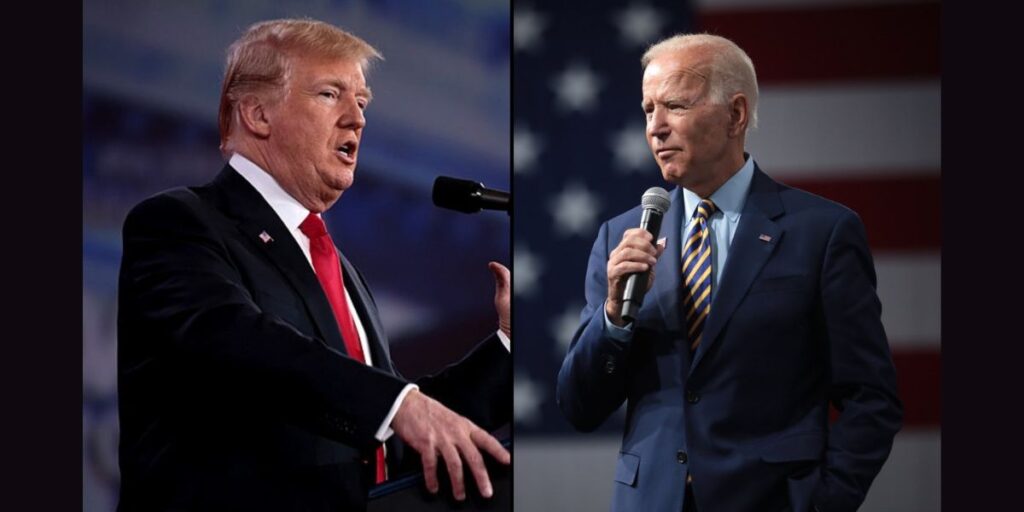
The New Deal (Franklin D. Roosevelt)
In response to the Great Depression, Roosevelt implemented the New Deal, a series of programs and reforms aimed at economic recovery. Key components included the Social Security Act, the establishment of the Securities and Exchange Commission (SEC), and various public works projects.
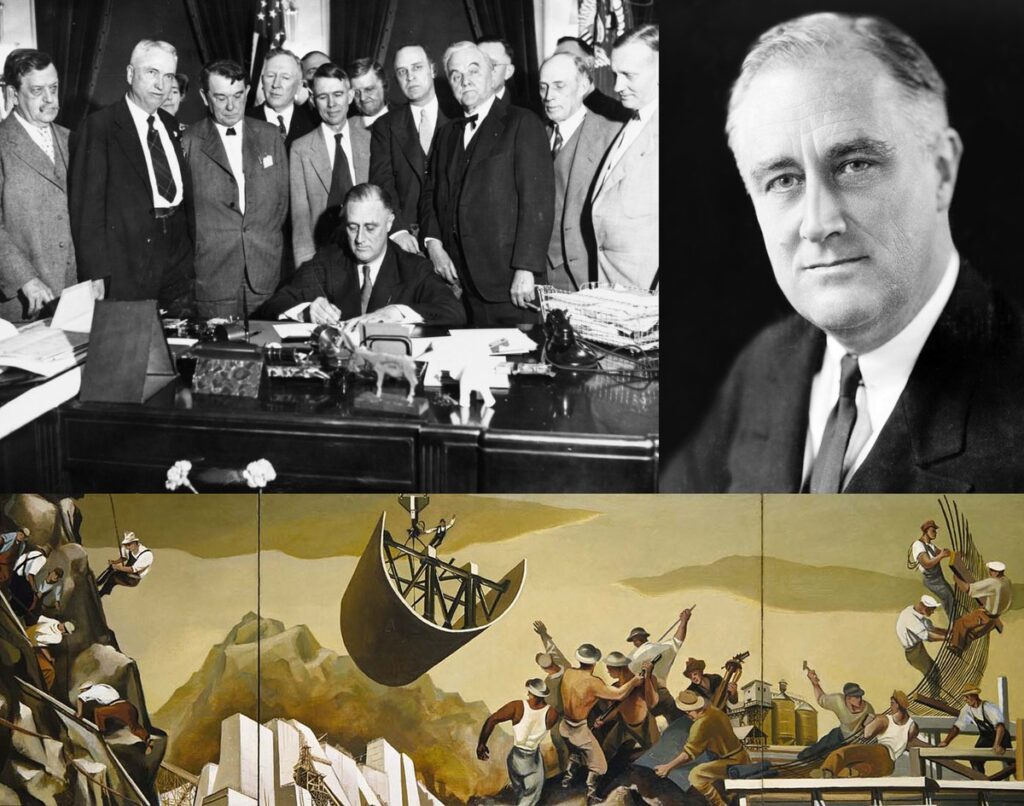
The New Deal expanded the role of the federal government in the economy and established a social safety net, laying the groundwork for modern welfare programs. Its legacy continues to influence American economic policy and social welfare initiatives, demonstrating the government’s responsibility in times of crisis.
The Great Society (Lyndon B. Johnson)
The Great Society was a set of domestic programs launched by President Johnson in the 1960s aimed at eliminating poverty and racial injustice. Major initiatives included Medicare, Medicaid, and the Civil Rights Act of 1964.

Johnson’s policies significantly transformed American society by promoting civil rights and expanding access to healthcare. However, the costs of the Vietnam War and subsequent economic challenges led to criticism and debate over the sustainability of these programs.
The Reagan Revolution (Ronald Reagan)
Ronald Reagan’s presidency in the 1980s ushered in a conservative shift in American politics. His policies focused on tax cuts, deregulation, and reducing the size of government, encapsulated in the phrase “Reaganomics.”
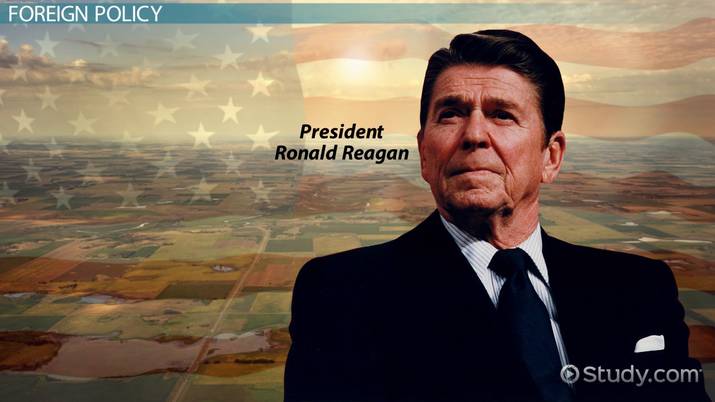
While supporters argue that Reagan’s policies spurred economic growth, critics contend that they increased income inequality and led to significant budget deficits. Reagan’s presidency reshaped the Republican Party and had lasting effects on American economic policy, emphasizing free-market principles.
The Affordable Care Act (Barack Obama)
Enacted in 2010, the Affordable Care Act (ACA) aimed to expand healthcare coverage, reduce costs, and improve healthcare quality. Key provisions included the establishment of health insurance exchanges and the expansion of Medicaid.
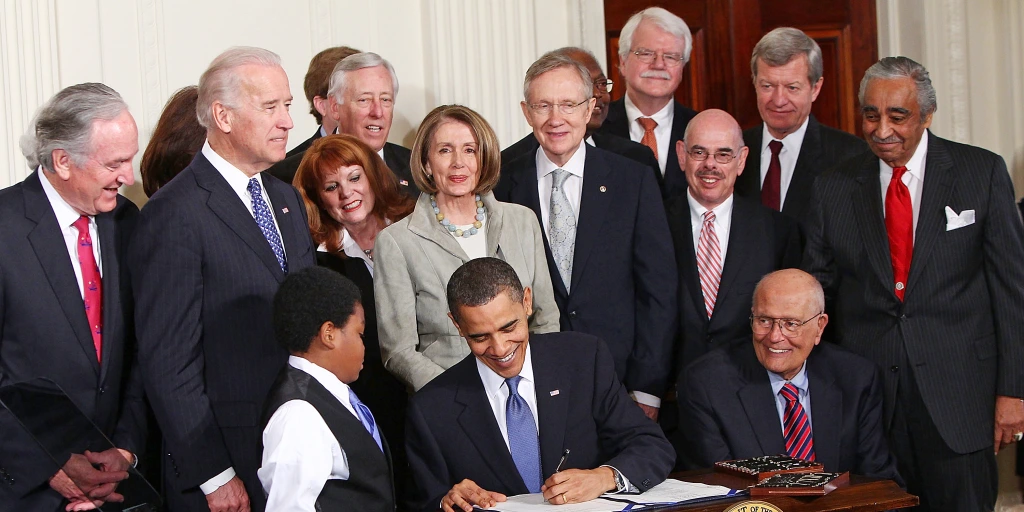
The ACA faced significant political opposition and legal challenges, yet it succeeded in reducing the number of uninsured Americans and implementing consumer protections. Its impact on healthcare policy continues to be a contentious topic in American politics, influencing debates on healthcare reform.
Immigration Policy (Donald Trump)
Trump’s presidency was marked by significant changes to immigration policy, including the implementation of a travel ban targeting several predominantly Muslim countries and efforts to build a wall along the U.S.-Mexico border.
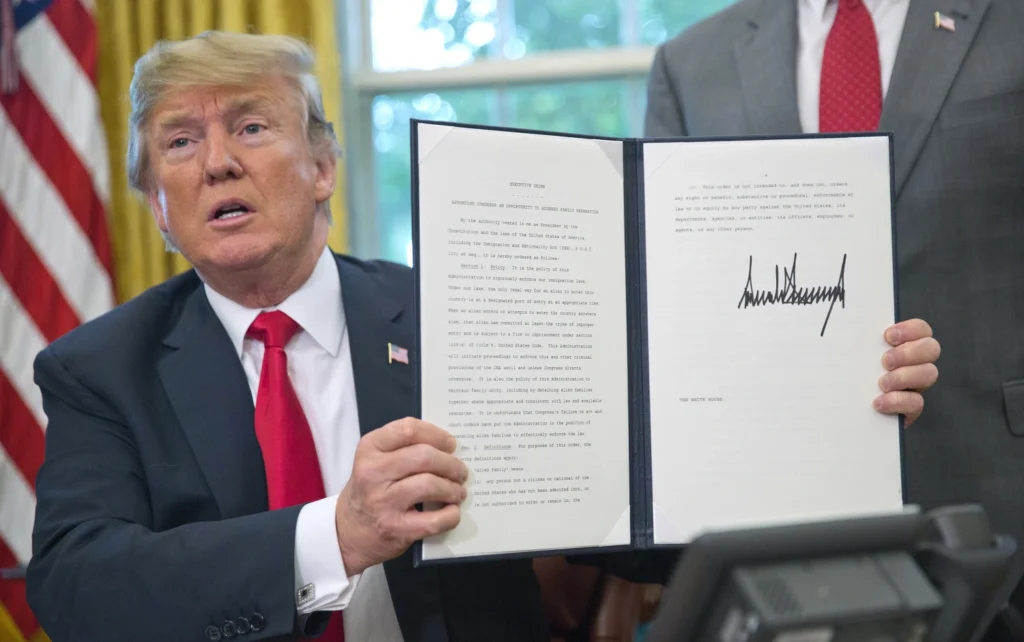
These policies sparked widespread debate and protests, reflecting the polarized views on immigration in America. Trump’s approach emphasized national security and border control, leading to on-going discussions about immigration reform and human rights.
Conclusion
The elections and policies of U.S presidents have profoundly shaped the nation’s trajectory. Significant elections have not only determined leadership but also reflected the changing values and priorities of the American public. Presidential policies have had lasting impacts on society, the economy, and international relations, influencing the course of American history. Understanding these elections and policies is essential for grasping the complexities of the U.S political landscape and the on going evolution of American democracy.


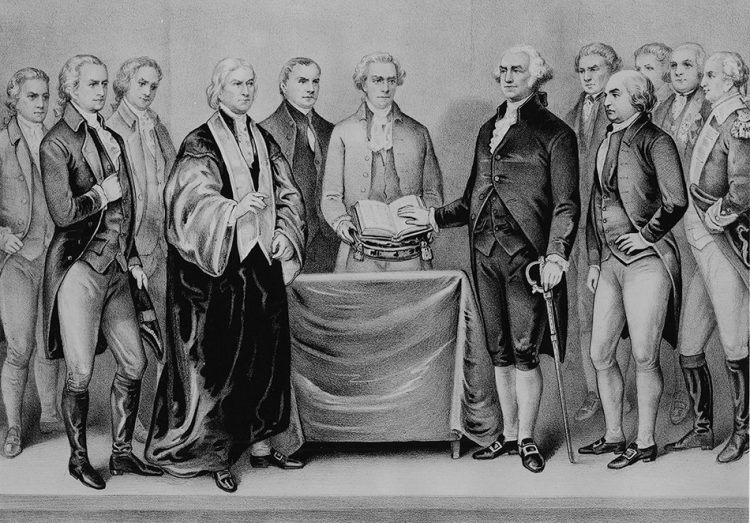
1 thought on “U.S. PRESIDENTS AND ELECTIONS”